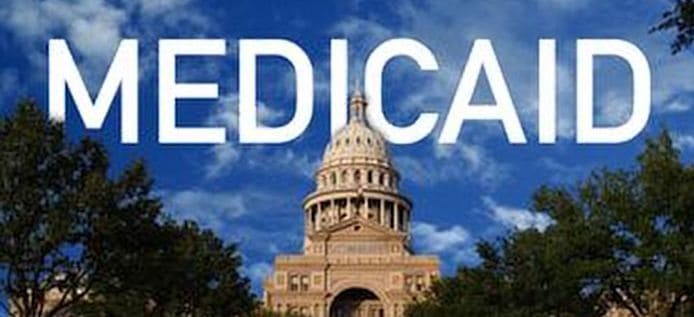 With the passage of the record $321.3 billion state budget by the legislature and recent certification by the State Comptroller, all hope for a fee increase for Medicaid dentists this legislative session has evaporated.
With the passage of the record $321.3 billion state budget by the legislature and recent certification by the State Comptroller, all hope for a fee increase for Medicaid dentists this legislative session has evaporated.
Efforts unsuccessful
Efforts to educate legislators on the need for the increase led by the Texas Dental Association did not bear fruit, unfortunately. Part of the problem is that Medicaid dentists in the state are still being paid more than in some other states despite no fee increase in Texas since 2007.
The reason why
According to a 2020 ADA Health Policy Institute report Reimbursement Rates for Child and Adult Dental Services in Medicaid by State,” Texas reimburses dentists at 70.3% of private insurance rates. Neighbouring states such as New Mexico, Oklahoma, and Louisiana reimburse between 60% and 70% with states like Colorado, Nebraska, and Mississippi reimbursing at less than 60% of private insurance.
Needless to say, some states pay even less.
But some states pay more like Nevada, Utah and Arizona, as examples, paying upwards of 80 to more than 90% of private insurance rates.
Lack of fee increase detrimental
With inflation and staffing difficulties since 2020, the current Texas Medicaid fees do not provide enough inducement to get new providers on board to cover all the areas in the state needing Medicaid dentists, the lack of which is among the highest in the country. While other states have significant adult Medicaid dentistry programs, Texas does not. Problems with DMOs over, among other things, arcane rules like the three-year rule and tortoise slow credentialing of new, emergency and substitute dentists are further barriers.
With Medicaid enrollment growing and dentist numbers in the program stagnant, this puts the squeeze on those still in the program. Again we ask, how can 4,000 dentists treat 4.2 million Medicaid-eligible children?
Heroes at work
One can only term those dentists continuing in Medicaid as heroes for their sacrifices.


Comparing Medicaid reimbursement to “private insurance” , can be very misleading since many insurances that are PPOs or HMO‘s pay less than Medicaid reimbursement. One needs to compare Medicaid fees to cash fees or fees billed to third-party traditional insurance policies in Texas . We have dropped many HMOs and PPOs in the past year due to their lack of negotiation on their low fee schedules. we just can’t pay bills with 2007 reimbursement. Rent goes up, employees want raises to deal with inflation, dental supplies, go up, and people expect more for less. Medicaid dentists are not being greedy, especially those of us that have been doing it for 40 years we need the raise we were promised the raise, and the legislature needs to get with the governor and decide when we can receive such a raise.
Dr B
State governments nationally desire to cap Medicaid spending. As a result, the insurance industry is pushing value-based care (VBC). This transfers added fiscal risk from payers (the states & feds in the case of Medicaid), onto the backs of providers (dentists).
It’s VERY popular w/ one particular Medicaid managed care organization (MCO) & their affiliate nonprofit companies. It’s simply lipstick smeared onto the old pig known as “capitation.”
Large DSO managers also love the concept, as they’ll return to the old model of Medicaid prophy mills. It represents a low overhead operation w/ highly predictable operating costs.
Yes, patients will suffer, as they did under the old model of HMOs.
Michael W Davis, DDS
Santa Fe, NM